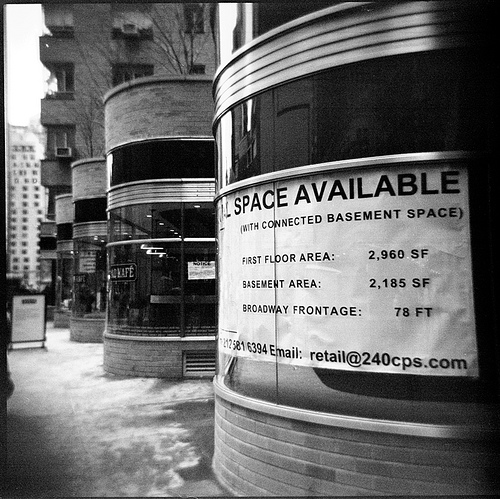White Space Database Manager Proposals Due
WASHINGTON: Proposals to manage the FCC’s white-space database are due today. The commission first put out a call for a database manager in late November. The database is intended to prevent interference between emerging unlicensed devices and TV stations. The unlicensed devices that will soon operate in unoccupied TV channels will be required to check the database for where TV stations, BAS operations and other broadcast entities are using spectrum.
Key Bridge of McLean, Va., has proffered itself as a candidate. The company develops spectrum-sensing technologies. Another, WSdb, LLC, was started by the David Nathan Myerson Foundation of Dallas as a database management candidate. Google executives met with FCC Chairman Julius Genachowski’s staff to discuss database management. Sprint Nextel and Microsoft representatives also paid visits to the FCC.
Shared Spectrum Co., of Vienna, Va., threw its hat in the ring. The company has developed dynamic spectrum-access technology for the military over the last decade. DSA technology “takes advantage of the empty spectrum capacity by dynamically adapting to the spectral environment and changing transmission or reception parameters on the fly.” This, according to Shared Spectrum CEO, Thomas Stroup, who testified recently on Capitol Hill at a hearing on radio frequency issues.
Filings from Sennheiser and Shure balked at a study Shared Spectrum Co. did for Microsoft that assumed a single value for the received power of wireless mics of -111 dBm and a 130 meter “exclusion zone.”
“Indeed, these parameters are quite conservative,” Microsoft senior technology policy advisor, Edmond Thomas.
Shure and Sennheiser countered that the receive power of wireless mics varies up to 40 dB. David Donovan of the Association for Maximum Service Television deemed the 130-meter protection zone as “somewhat marginal.”
The FCC’s white space database will comprise the RF channel assignments for all the TV stations and other fixed operations in the country. Unlicensed devices operating in the TV spectrum will have to ping the database to determine what frequencies are free in a given location at a given moment.
The commission intends to designate one or more private sector companies to own and manage the database. The selected candidates will be allowed to charge fees for “fixed TV band devices and temporary broadcast auxiliary fixed links.”
Comments are due Feb. 3, 2010 and replies, Feb. 18, 2010.
(Image by Holly Northrup)

Get the TV Tech Newsletter
The professional video industry's #1 source for news, trends and product and tech information. Sign up below.
